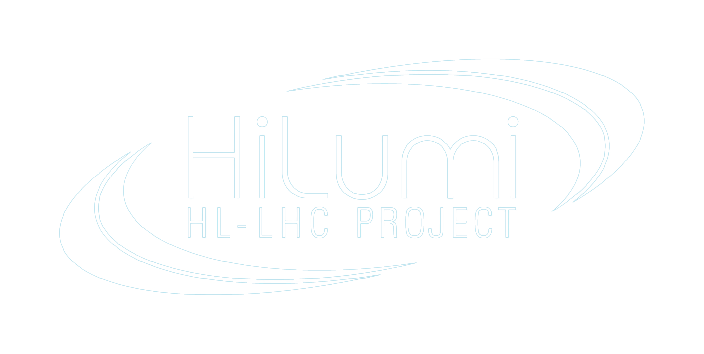The High-Luminosity Project is finalising the transition from the prototyping phase into full construction mode and most of the activities in view of the series production for the HL-LHC hardware have already started across all work-packages.
Procurement is closely following the baseline schedule of the project and is running in parallel to the project milestones. Despite the new LS3 schedule, endorsed after the last Cost and Schedule Review ‘21 and officialised by Council after the LHC Performance Workshop held at Chamonix, the project decided to maintain procurement activities as per the previous baseline schedule to allow building additional schedule margin. Deviations would only be accepted if significant financial benefits would be expected by a delayed production.
The last two years of global pandemic entailed major challenges on the industrial market due to the unprecedented increase of prices in strategic raw materials (Stainless Steel, Copper, Aluminium, etc) or electronic components. Furthermore, we also experienced unusual shortages and increased lead times in the procurement of many conventional components. The project, in close cooperation with the IPT Group at CERN (Procurement and Industrial Services), has tried to reduce price uncertainty and exposure as much as possible by launching early procurements or adapting the commercial terms to the new market situation within the possibilities of the CERN Procurement Rules. The technical teams also tried to overcome the shortage of components by qualifying alternate solutions in the market, which implied a non-negligible effort in terms of design, integration, and validation. Thanks to these efforts, important tenders could be awarded in 2021 without large deviations from the originally estimated prices such as the 2kA Power Converters or the Cooling and Ventilation contracts for underground facilities.
During fall 2021 and early 2022, a slight recovery in the industrial market with more stable prices than in the previous months could be observed. Prices and delivery times were still well above those of the pre-pandemic era, however market conditions were already much less volatile.
This situation was however shattered again because of the unexpected geopolitical conflict arising at the end of February. Since then, we have observed that the market volatility has again significantly increased, leading to extraordinary measures such as the temporary suspension of Nickel trading, which strongly impacted the Stainless-Steel producers.
This new, non-predictable market situation continues to have a strong impact on our tenders, further increasing the risk exposure of the project. Bidders are struggling to maintain the same prices for more than a few days and therefore, the margins applied in the offers are much larger than under normal circumstances. Moreover, the conflict has resulted in rising oil and energy prices, leading to a considerable increase of the manufacturing and transportation costs.
On top of the innate challenges derived from an innovative research project as HL-LHC is, the project faced uncommon situations during the last two years that have led to a market condition far from what could be reasonably anticipated (and this can be extended to CERN as an Organization). Despite this situation and in order to maintain the master schedule, procurement activities must keep moving forward and important tenders for HL-LHC will be awarded this year or their preparation started in view of an adjudication during 2023.
The situation will continue to be challenging in the years to come, and the procurement office would like to express their gratitude to all project members for their active participation in finding solutions to overcome this difficult period, as well as to the IPT colleagues for their support and guidance into the processes.
